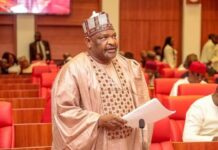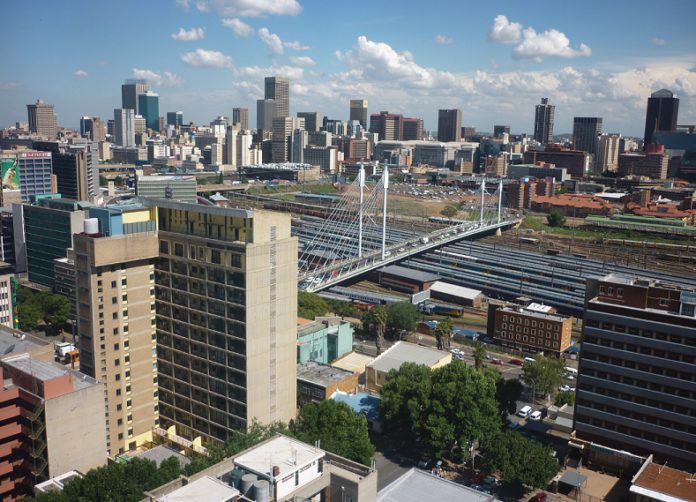The African Development Bank has a very strong financial profile and remains focused on optimizing and strengthening its balance sheet to more effectively accompany African countries in achieving the Sustainable Development Goals. Prudent financial management and policies are the backbone of the Bank’s AAA rating.
The Financial Presentation is the highlight of Bank’s financial and operational performance for 2017.
It described rising income and record disbursements of US $7.7 billion.
More borrowing in the past few years reflects increased demand for Bank resources, and a deeper and broader investor base.
The Bank’s yardstick is its impact on Africa’s development, said Bank President Akinwumi Adesina.
“At the end of the day, it is all about the impact. Your Bank is making impact,” he told delegates, Governors, Executive Directors and Bank staff.
Hassatou Diop N’Sele, Group Treasurer and Acting Vice-President for Finance at the Bank, declared, “We will continue to improve our efficiency and remain a responsive and effective partner to maximize our development impact. We see ourselves not just as financiers, but also as a catalyst for attracting investment to the continent. We are therefore working with governments, agencies, and non-profits to co-finance or seek grants to support our projects and our development mandate.”
The Bank, she said, is solvent, very liquid, cost-effective, attuned to the continent’s financial needs, and able to provide very competitive pricing to clients.
“We also understand that development is about empowering people to realize their needs and aspirations, including through education and better health and inclusion in secure communities. The Bank is a responsive and effective partner – we support our clients in times of crisis and in better times,” she explained.
The report points to a remarkable increase in impact from projects completed in 2017, which provided 1.5 million direct new jobs, 460 MW of new power capacity installed of which 33% are renewable, and built or rehabilitated 2,500 km of roads.
The Bank eased access to financial services for 210,000 owner-operators and small businesses, provided 8.3 million people with improved access to water and sanitation, reduced 157,000 tons of CO2, and provided 14 million people with improved access to transport.
Despite local and global challenges, growth in Africa remained strong, at an estimated 3.7% last year. Short-term projections estimate economic growth of 4.1%.
Simon Mizrahi, Director of Service Delivery, Performance Management and Results at the Bank, stated, “The foundation for sustainable development in Africa has to be industrialization. In this respect, Korea is very much a model for Africa’s industrialization. Africa will not achieve its broader development goals merely by exporting raw materials. African businesses must move up global value chains. They need to add value to all their production to generate jobs and prosperity for Africans. The Bank is working to help African countries develop industrial policies and improve the business environment, and is supporting African businesses to move up the value chains.”


























